We caught up with the brilliant and insightful Eve Koguce a few weeks ago and have shared our conversation below.
Eve, thanks for joining us, excited to have you contributing your stories and insights. What did your parents do right and how has that impacted you in your life and career?
My parents loved me unconditionally. I believe this is the most precious gift a person can receive, especially early in life. Such kind of love gives you resilience that helps you later when you inevitably stumble upon hardships.
My mother was incredibly strong, vivacious, with phenomenal energy. The most valuable lesson I’ve learnt from her is that no matter how dramatically the world around you changes, no matter how crushing the blows are, there’s always hope to live through these times. And if you manage to live through them, you are a winner. She also taught me to make my own choices and deal with their consequences.
When I was eighteen and just graduated from school, I had to choose the faculty at the University where to continue my education. I applied to two Bachelor programmes – Business Administration and Finno-Ugric Languages – and got accepted in both. My admission test results for the linguistic faculty were among the highest, and I was offered a state-funded place. I did average in the Math test for the business study programme but still got accepted. The only difference was I had to pay a tuition fee.
My mother didn’t have money to pay for my studies. Our family’s financial situation had been dire in the 90s – the times called the “savage 90s” in the pop culture of the ex-Soviet countries. I won’t go into details now, for the blog interview format doesn’t allow it. One of my books – “The Accidental Cop” – is set in that controversial era the readers have called “fascinating but terribly cruel”. Yet, despite knowing that she couldn’t afford the tuition fee, when I announced that I chose the Business Administration programme, Mom supported my decision. She didn’t accuse me of wasting a free education opportunity. Instead, she went to the bank and found out everything about student loans.
I haven’t made a head-spinning career in business. Two decades later, I am as far from a busy office scene as can be imagined. Still, receiving a Bachelor’s degree in Business Administration allowed me to get an invaluable experience in a versatile array of spheres. Besides, my specialisation in Marketing lets me feel more comfortable while testing different book marketing and promotion techniques and methods now that I am an independently published author.
When asked what “Gone with the Wind” was about, Margaret Mitchell said: “If the novel has a theme, it is that of survival. What makes some people come through catastrophes and others, apparently just as able, strong and brave go under? It happens in every upheaval. Some people survive, others don’t. What qualities are in those who fight their way triumphantly that are lacking in those that go under? I only know that survivors used to call that quality “gumption”. So I wrote about people who had gumption and people who didn’t”.
That is another lesson my mother has taught me. I’ve witnessed many cases of able, strong, and brave people go under, crushed by circumstances they couldn’t influence or overcome. Mom did have the “gumption” Margaret Mitchel talked about trying to explain the essence of her legendary book. When faced with challenges the new world threw at my mother – and one of such challenges was an unbearable burden of raised taxes, just like in “Gone with the Wind” – she used that ability to adapt and find ways to survive. I know that she would have put that green velvet dress made from old curtains into good use, although among her weapons for fighting “the slings and arrows of outrageous fortune” were mainly her courage, honesty, and optimism.
Mom has taught me to believe that I can achieve anything I set my mind on achieving. She didn’t motivate me to pursue my writing dream, that’s true. Back then, it was unimaginable to sacrifice the practical to pursue a creative vision. Still, when it became possible to start following my dreams, it was the life lessons from my mother that inspired me to give a new path a try.
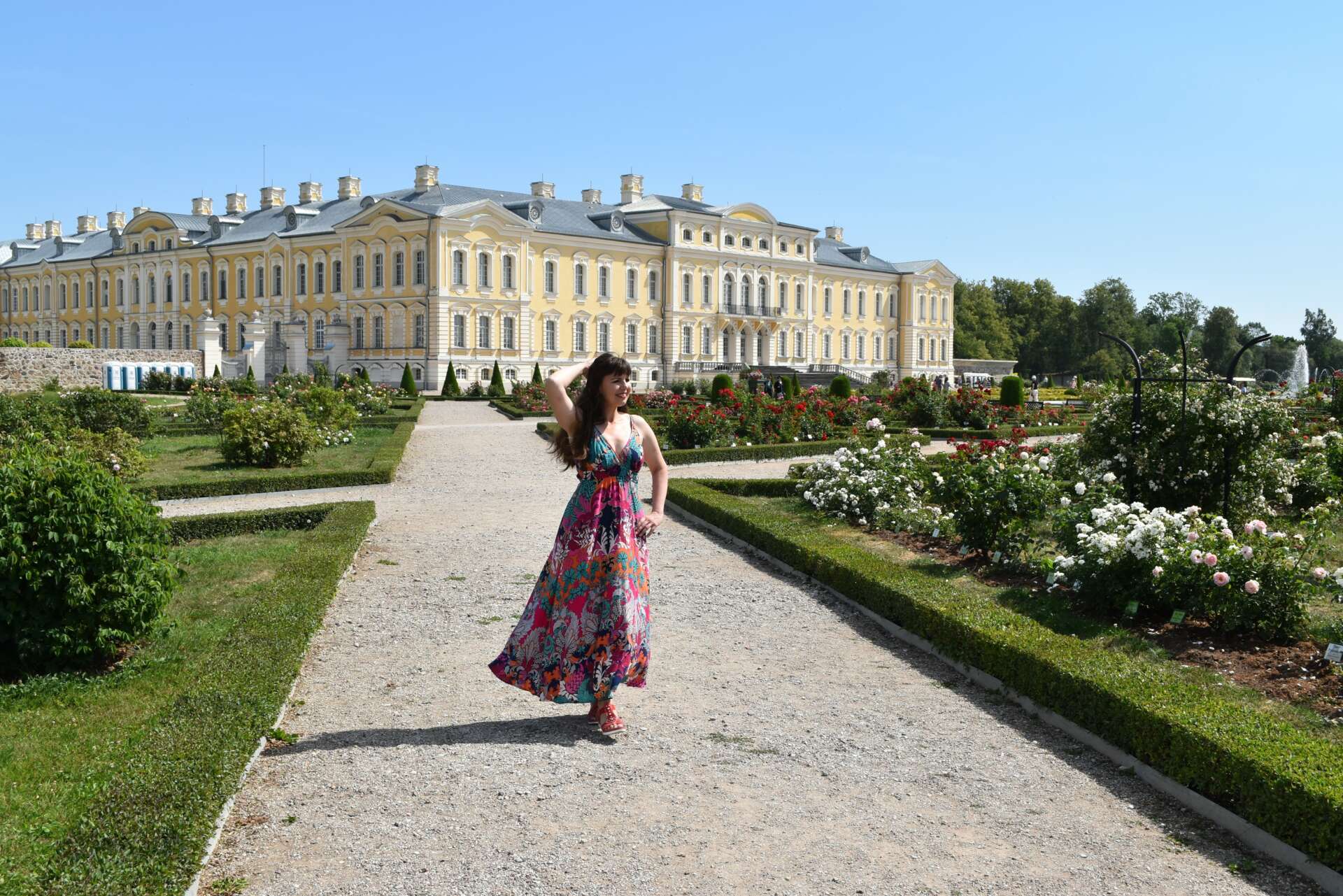
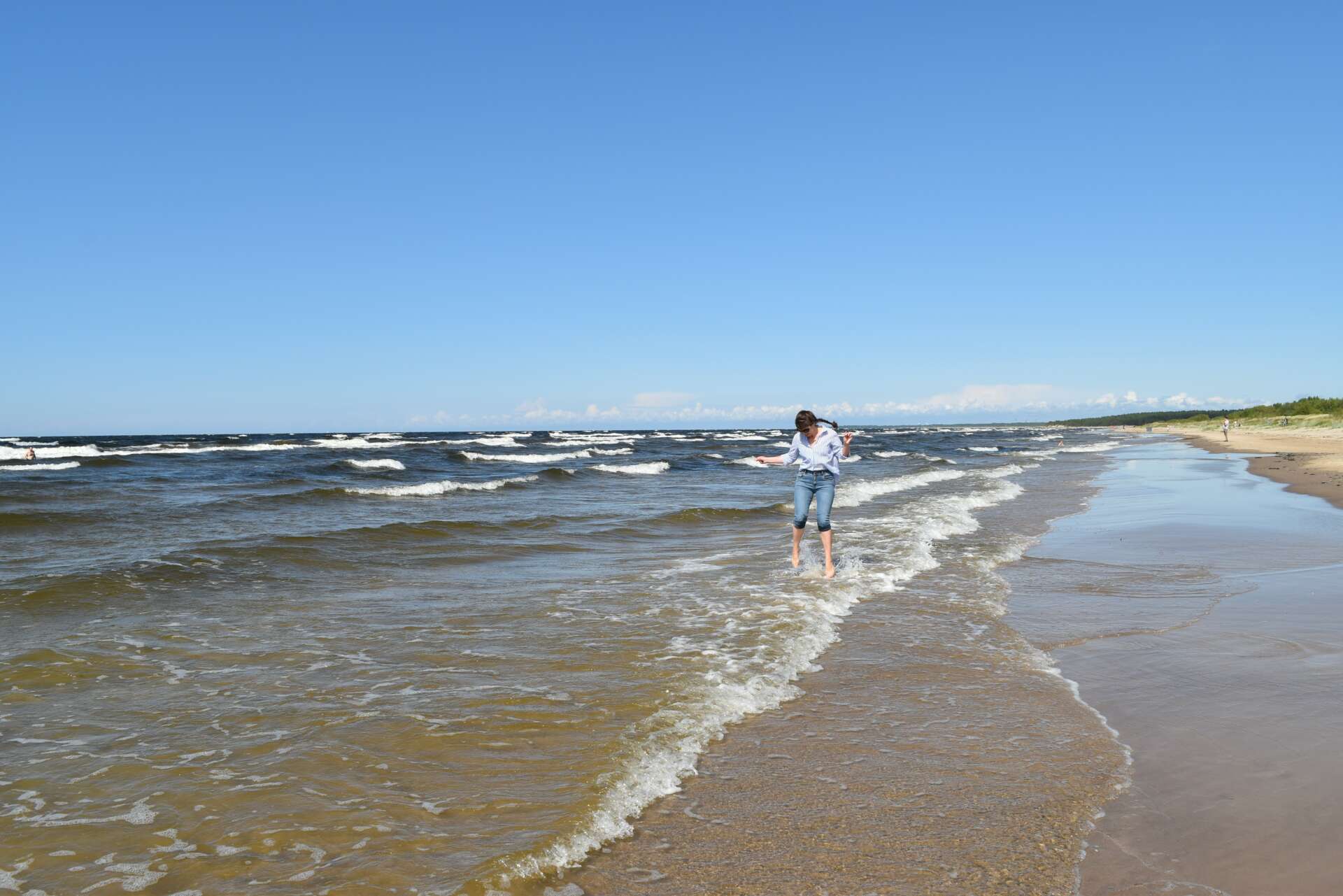
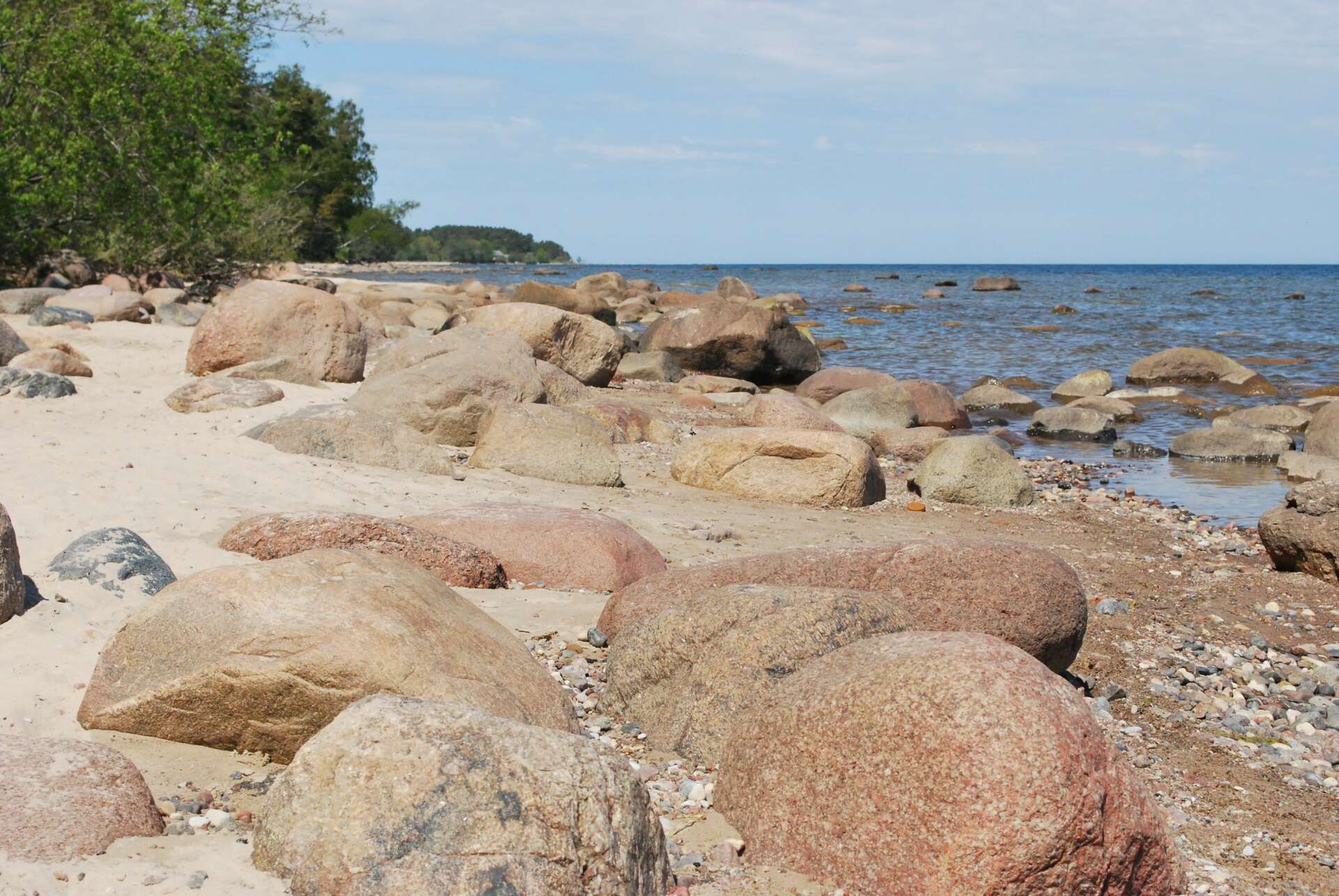
Awesome – so before we get into the rest of our questions, can you briefly introduce yourself to our readers.
I am an independently published author. I live on the coast of the Baltic Sea in Northern Europe, in the country with diverse history and unique landscapes – Latvia.
I’d spent fifteen years, trying to fit into the office work pattern. Do you remember Kevin Kline in the “In & Out” movie – “men do not dance”? Well, that used to be my philosophy – real people don’t write books. They work, they build careers, they travel through the corporate jungle. And despite I was feeling miserable and out of place every day of that climbing the ladder process, I managed to build a relatively successful career after an ambitious shift from the private to the public sector. The job I had wasn’t boring. It was actually pretty exciting. I worked with internationally funded projects and met people from all over the world every day. But it failed to ignite a spark in my heart.
After my son was born, I had a unique chance to stop and rethink not only what I’d achieved so far, but what I really wanted from life. I made a decision to leave my old life behind, and I’ve never regretted it. Changes in the daily routine led naturally to changes in my way of thinking. I finally allowed myself to be who I really was.
Since then, I’ve published five books. All of them are in different genres. Even the books within the same trilogy. I was asked in one interview why I do not stick to one genre. And it is a great question. To be honest, I started asking it myself only when I was already deep in the promotion and marketing jungle. Learning more about the indie publishing universe, I realised the risks a multi-genre author has to face. Still, I do not regret having written books in different genres. These are the stories I wanted to share with the world.
The Neglected Merge fantasy trilogy opens with a fantasy romance, followed by the fantasy drama “Tangle of Choices”, and wraps up with “Shifting Directions” which comprises coming-of-age, drama, and even thriller elements. The trilogy doesn’t fit neatly into any fantasy category. Besides, the protagonist is thirty-two in book one and fifty-one in book three.
The first book of the trilogy “Neglected Merge” has won three literary awards:
(i) Silver Medal in the 2021 Global Book Awards in the Science Fiction / Fantasy category
(ii) Award Finalist in the 2021 Readers’ Favorite International Book Award Contest in the Fantasy General category
(iii) Honorable Mention in the 2021 Royal Dragonfly Book Awards in the Science Fiction/Fantasy category.
Also, the second book of the trilogy “Tangle of Choices” has won an Honorable Mention award in the 2023 Royal Dragonfly Book Awards in the Science Fiction/Fantasy category.
“Finding Your Way” is a coming-of-age novel with magical realism elements. It is set in 2008, right before the global financial crisis hit. In Latvia, it was an exciting time. There was a feeling in the air that from now on, everything would get only better. People started to travel a lot. They bought new flats, moved to the countryside, drove new cars. It wasn’t like this for everyone, of course. Many people struggled to earn a decent living. But since Latvia joined the European Union in 2004, there was an option to go abroad. Many used that opportunity and went to work in Ireland, England, and other countries.
While “Finding Your Way” is a seventeen-year-old girl’s coming-of-age story, it also depicts a broader picture. The ways to earn millions were plentiful, still, not everyone had a chance to grab the right opportunities.
Zanda is seventeen. It is the age of so many discoveries. The reader meets Zanda at the time when she makes her first steps outside of the cocoon of her family. She has spent her childhood not venturing much into the wide world. But now she is determined to meet new people, enter the university and flee her parents’ nest.
And, of course, seventeen is a perfect age for the first love. For Zanda, love matters turn out to be a little more complicated, for she meets not one but two young men who make her heart flutter. Under any circumstances, for a seventeen-year-old girl, It is a difficult choice to make. But in Zanda’s case, everything is even more complicated. While trying to understand her heart’s desires, she has to wade through the maze of cultural differences and prejudices. She also struggles with her own dreams that seem to contradict one another.
“Finding Your Way” is a winner of an Honorable Mention award in the 2023 Royal Dragonfly Book Awards in the Cultural Diversity category.
“The Accidental Cop” is also a cross-genre book. It isn’t a purely crime fiction novel since it doesn’t start with finding a dead body and end with unmasking the murderer. It also doesn’t tick all the boxes of a noir crime genre. It is a blend of noir crime and police procedural with psychological suspense elements.
Set in Latvia at the end of the first post-Soviet decade, “The Accidental Cop” tells the story of Roberts Bergs. At twenty-one, he struggles to find his place within the corrupted police system without betraying his principles. To succeed you must play by the rules. Roberts learns the rules quickly. The system run by the Soviet-era ex-militia officers is a good teacher. Who you know counts for more than your abilities, qualifications, and knowledge. The system also doesn’t tolerate disobedience. Still, Roberts keeps climbing up the career ladder. The contrast between those who play by the rules and those who believe in honesty and justice becomes starker. Luxury and self-indulgence for the first, and dragging out a miserable existence for the latter. Roberts has to make more difficult choices. Is it worth it to remain true to his principles? Or is succumbing to the corrupted and merciless system the only way to survive?
Writing “The Accidental Cop” was a unique experience. It was inspired by countless stories I’ve heard from different people over two decades. Readers say that it was interesting for them to find out about the period of time in Latvia they didn’t know anything about. The “savage 90s” were a time of great turbulence for Latvia. It was challenging to try to portray this grim page of my country’s history without slipping either into the rose-tinted glasses outlook or utter disillusionment.
“The Accidental Cop” has won a finalist award in the Pacific Book Awards 2023 contest in the Best Thriller category and an Honorable Mention award in the 2023 Royal Dragonfly Book Awards in the Fiction Novel category.
My next book is almost ready for publishing. It will be available for readers early in 2024. I won’t reveal the title just yet. It is a story of a young woman from Latvia who married an Englishman and moved to England. She realises she doesn’t really know the man she has married. At the same time, she falls deeper in love with the island she now calls home.
The story is set in beautiful Dorset in the United Kingdom, on the fictional island of Southbay. I spent a couple of years living in the region. My lack of knowledge of local customs got me into some awkward situations. So, writing this book was a great chance to share these funny stories. I met many wonderful people while living in Dorset. Besides, my work let me travel all around the country, and I got a glimpse of the differences between North and South.
My books are available on Amazon worldwide. At the moment, readers can choose between ebook and paperback formats. In the future, I plan to add more hardback and audiobook formats for the readers’ convenience.
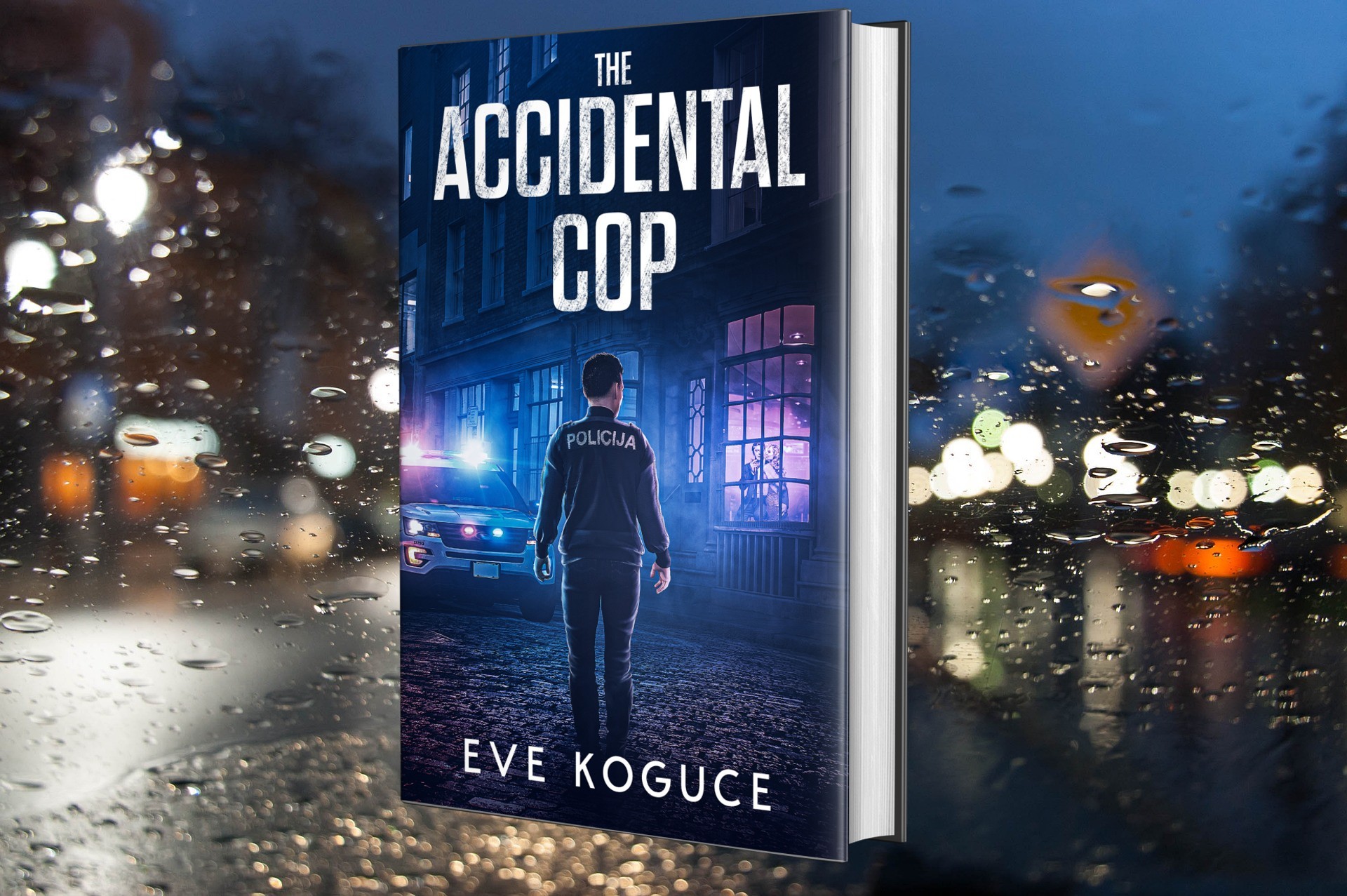
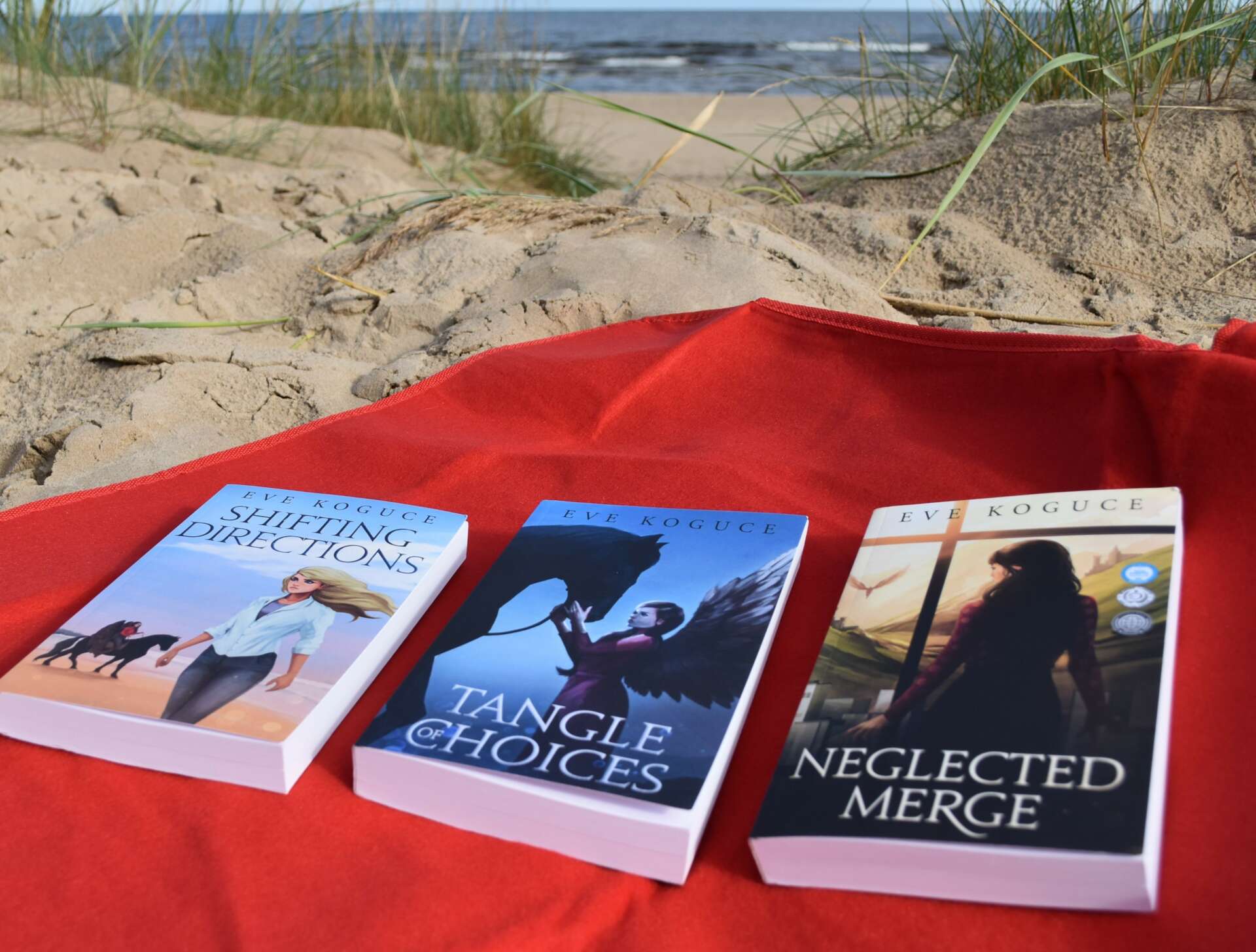
Is there something you think non-creatives will struggle to understand about your journey as a creative? Maybe you can provide some insight – you never know who might benefit from the enlightenment.
I come from a non-creative environment. Many of my friends have built successful careers in different fields, and some of them are rather successful in business ventures. So, when I talk to people in real life and not in the writing communities on social media, I get to hear the views and opinions of those for whom things like “indie author”, “indie publishing”, etc. sound absolutely alien. For them, if a book is published and you can buy it, some organization – a publisher – has published it. They struggle with wrapping their minds around the fact that nowadays anyone can publish a book. And not only as an ebook you can download on your phone or tablet but also as a solid, tangible paperback or hardback like any other one has on their bookshelves.
Almost exclusively, when the fact that I write and publish books pops up in a conversation, people ask how much I earn from it. As I see it, for non-creative people, it is really difficult to accept that someone does something – with true passion and zeal – that requires years of work and substantial financial investments, not having any guarantees that it will ever become profitable.
It is completely understandable, for the bills must be paid, and we all know that. Besides, considering the dynamic lifestyle of the times we live in when you say that you write books, everyone instantly understands the challenges you must face trying to find the balance between writing and other obligations.
Another aspect non-creative people find difficult to accept is that since nowadays millions of books get published every year, you still persist in writing yet another one – or a couple, or even a dozen.
By creating services for self-publishing, Amazon did remove the “gate-keepers” that dictated which books were published and which wouldn’t ever see the light of a bookshelf. It had opened a floodgate, and now, everyone indeed can publish their work and make it available for purchase. What the rise of indie publishing didn’t manage to do is develop user-friendly and efficient marketing and promotion techniques for authors, similar to the book formatting and uploading tools they offer. Traditional publishers still hold the key that opens a magic door to a wide readership. Big publishing houses have the resources, skills, and experience to tell people why they should read that book. They know the tricks and techniques to make people feel that they need to buy and read it. That their life will become better if they do. I know how it works since my Bachelor’s degree happens to be in Marketing.
It is true that everyone can publish their work now without spending a fortune on printing hundreds of their books they’d store in their garage forever. But the road to success for an indie author is still extremely bumpy: with many obstacles, challenges, riddles, and even highway robbers. Indie authors get “bombarded” by lucrative offers to “boost their sales and showcase your books to millions of readers”. And the problem here is that they can’t protect themselves from exposing their contact information to potential scammers. In our private lives, we are reluctant to share any information about how others can reach us. We untick the ‘I agree to receive promotional emails’ boxes, switch on additional anti-spam filters in our email settings, don’t give our phone numbers to anyone except people we are personally acquainted with or official institutions. When you are an indie author, you willingly share your contact and social media information, wishing that more people will find it. You are struggling to find your readers among the huge pool of those who love books but to whom you have limited access to. Many of these readers are highly selective of the genres they read. Moreover, popular genres are over-satiated with books by already popular authors with established readership. It requires tremendous patience, a high resilience level to criticism and failure, and faith in your stories not to give up in the middle – or even at the beginning – of your journey as an independently published author.
From my three-year experience of following the path of an indie author, I’d say that traditional publishing still remains the only road to real success, such as every aspiring writer sees as their ultimate goal and dream. Still, self-publishing can be satisfying and fulfilling in many ways. The books you’ve written – given life to from the most sacred chambers of your soul – get a chance to become real books, not manuscripts, drafts, or ideas. And for me personally, few things compare to the feeling when I look at the book with my name on it sitting on my – too crowded and too numerous – bookshelves.


What’s the most rewarding aspect of being a creative in your experience?
As per Maslow’s hierarchy of needs, self-actualization is the peak of what makes a person completely satisfied with life. Although later Maslow had added transcendence to the top of his famous triangle, self-fulfilment remains among the highest needs of every individual.
For me, being an author means that I have achieved the highest possible level of self-fulfilment, at the same time remaining on the self-discovery path for as long as I keep writing.
Yet, since writers are human beings who need something else besides a higher purpose to nurture their creative souls, positive feedback from readers is one of the most rewarding aspects of being able to share your stories with the world. Once, I received an email from the reader that began with “Eve, I am very cross with you!” and then went on with admitting that they started reading my book last night and could not put it down until way past their bedtime. I won’t lie, I cried. Those were the happiest tears I have ever shed, and receiving that letter remains among the most gratifying moments in my creative journey as an author.
Writing is not only the dream that I’ve had since I was thirteen. Throughout the years, I have been finding proof – again and again – that this is the only thing that ignites true passion in my heart. In the last three years, ever since I published my first book, I’ve been working more than I’ve worked in my life. More than during the time when I was setting up a place of business of a Latvian company in the United Kingdom. More than during the hectic months of preparing the documentation for submission to the European Commission so the country could receive the European Union funding for a new planning period. Almost every chapter of my professional career before I’d performed a U-turn and returned to the roots – a huge and shiny dream of a teenage girl to write books – was exciting, full of non-trivial challenges, and intellectually demanding. I met people from all over the world, learned from them, and also learned about myself – about what I needed and what didn’t matter on my personal scale of significance.
In the end, it took me a quarter of a century to come full circle. I want to think that it doesn’t mean that I’ve wasted these years doing things which didn’t bring me anything useful and didn’t enrich my life in any way. I prefer to believe that all the experiences I’ve had – I’d even call them different lives which I have lived – have led me to fulfilling my ultimate dream.
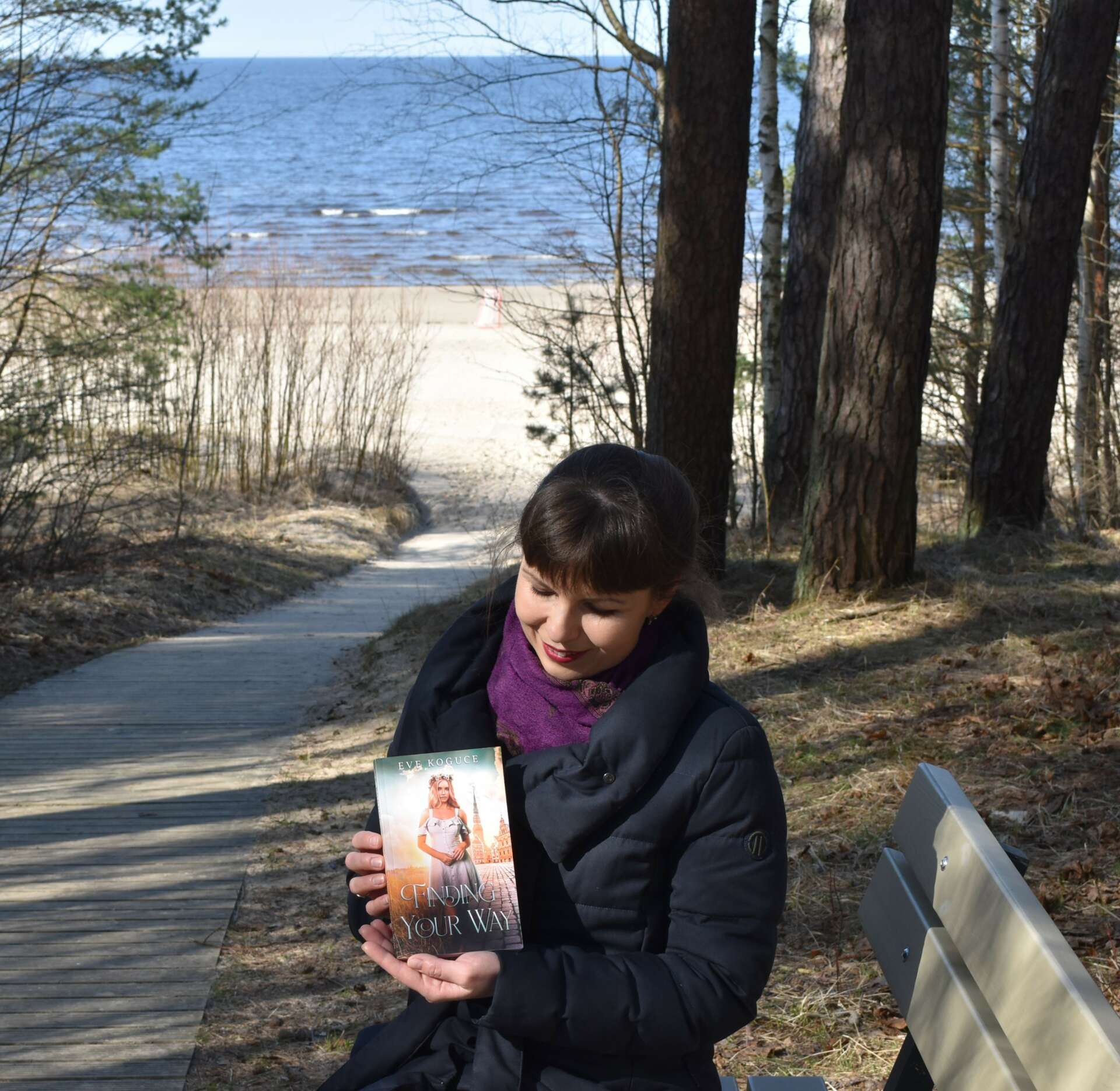
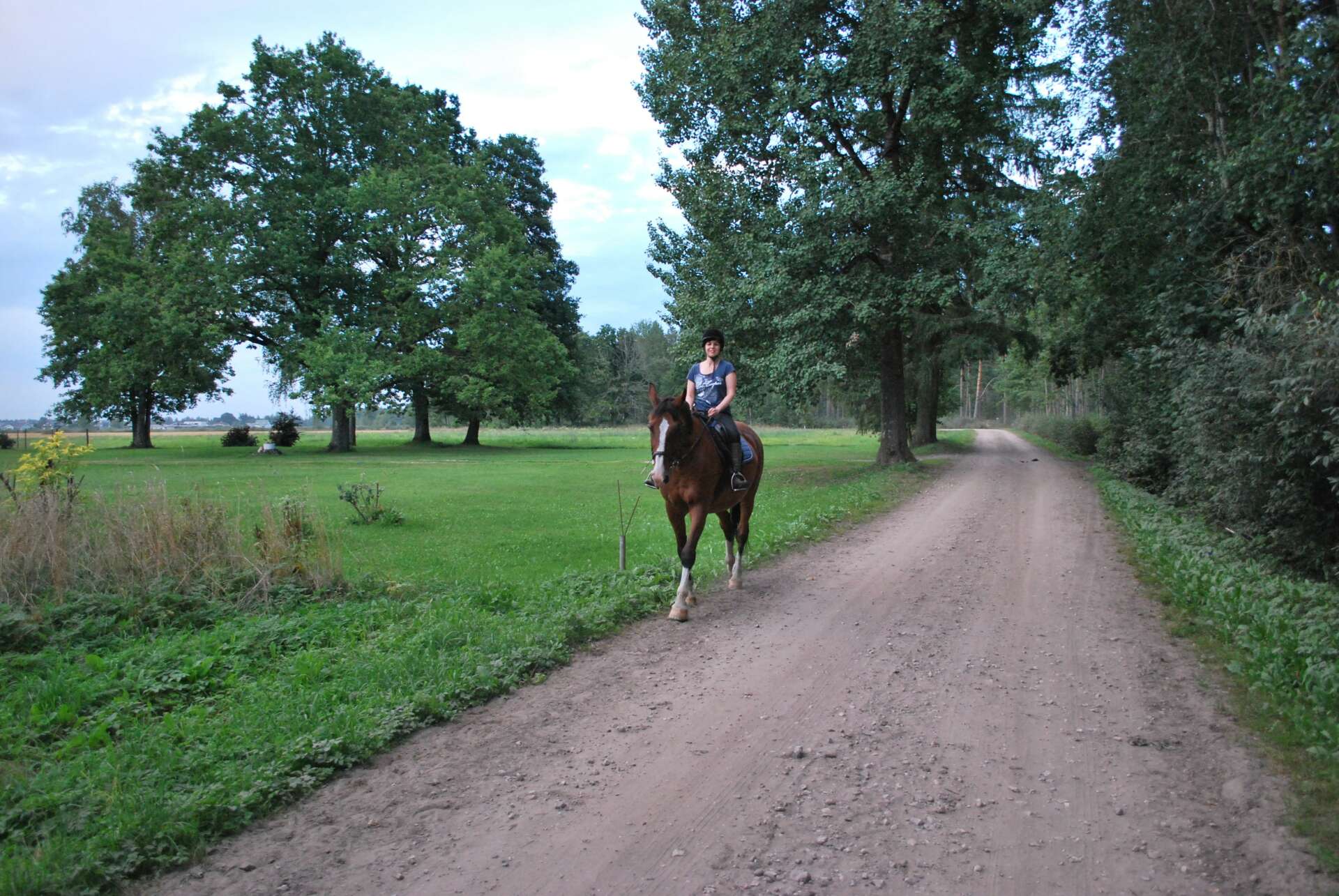
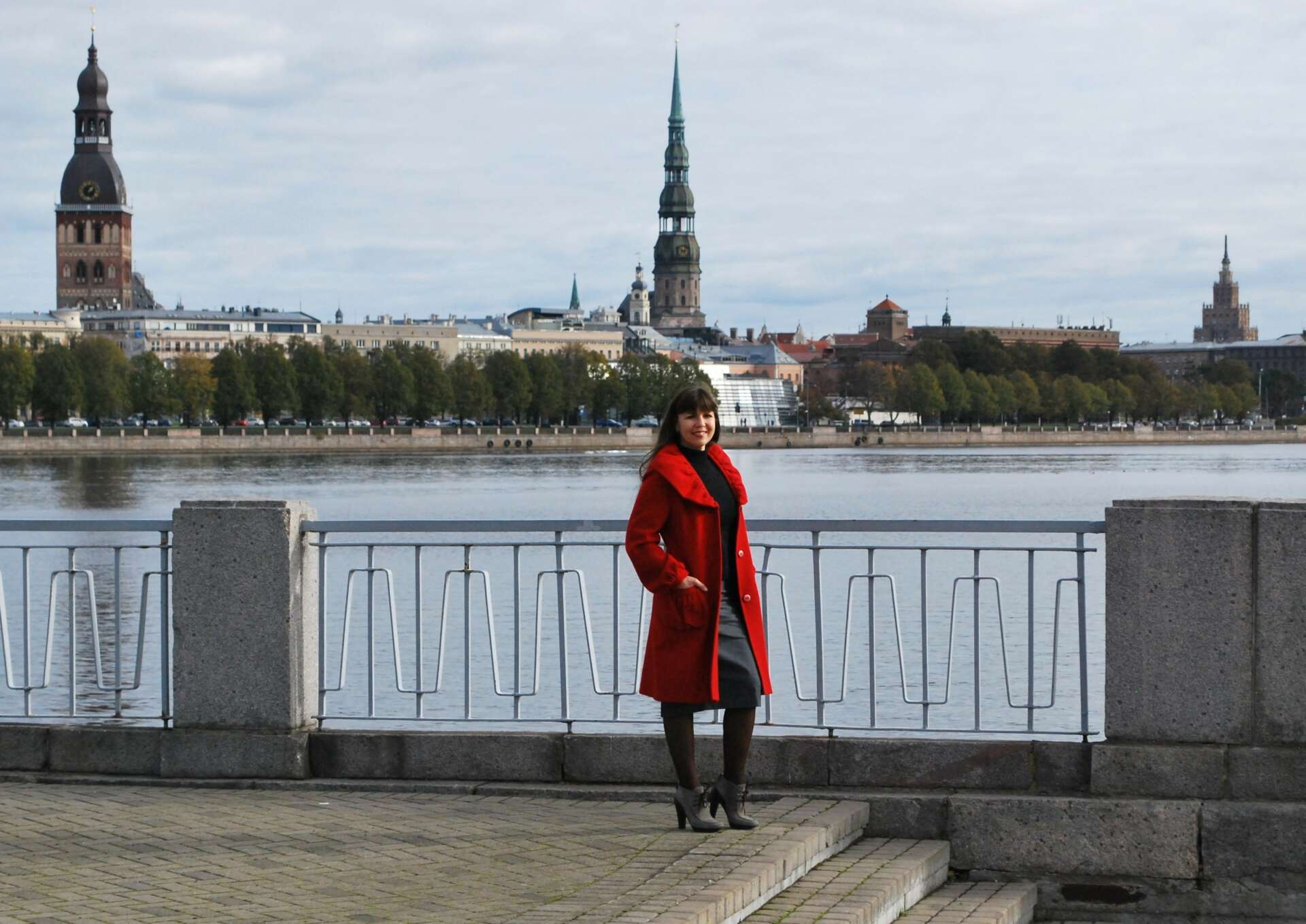
Contact Info:
- Website: www.evekoguce.com
- Instagram: https://www.instagram.com/eve_koguce_books/
- Facebook: https://www.facebook.com/evekoguce/
- Linkedin: https://www.linkedin.com/in/evekoguce/
- Twitter: https://twitter.com/EveKoguce
- Other: Amazon: https://www.amazon.com/author/evekoguce Goodreads: https://www.goodreads.com/eve_koguce BookBub: https://www.bookbub.com/authors/eve-koguce


